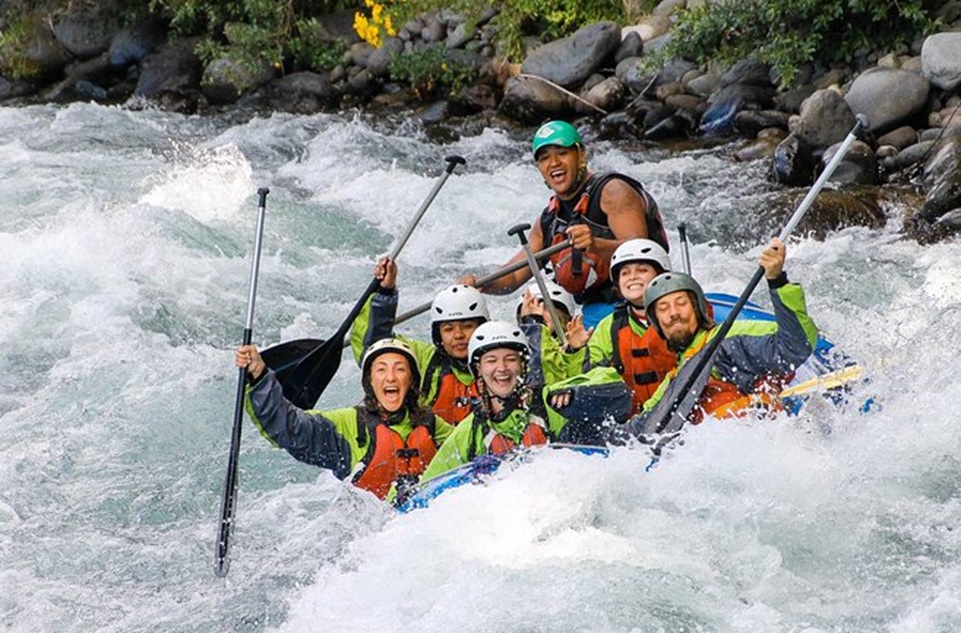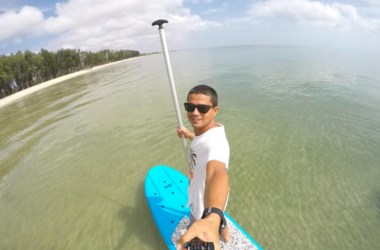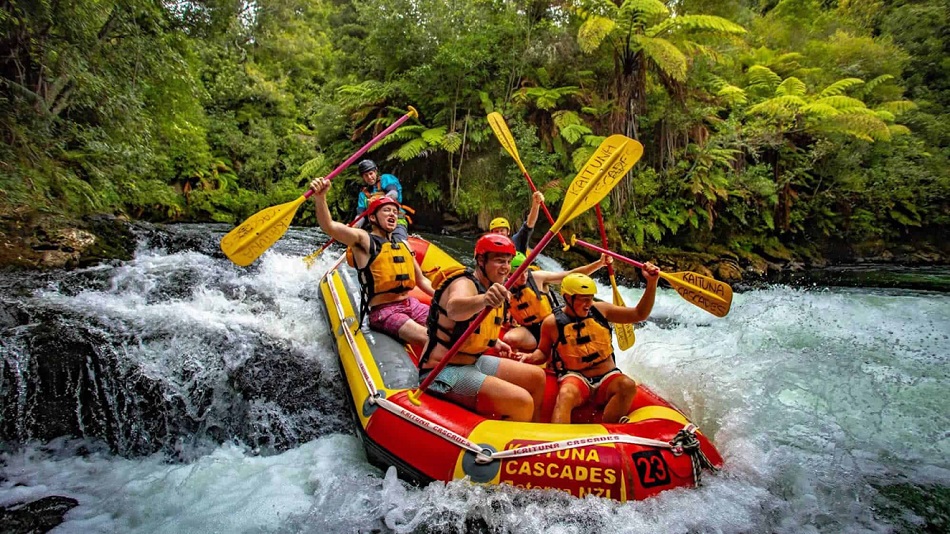If you’re looking for a fun, adventurous activity that’s not just for thrill seekers, diving is a perfect choice! Whether you’re a first-time diver or an experienced one, Taupo is the best place to dive. It has a variety of different types of diving experiences including wreck diving and cave diving. This blog post will take you through 6 tips for Taupo white water rafting.
Check out the top tips for safe rafting in Taupo:
Practice your swimming technique before you arrive in Taupo:
The most important skill to learn when rafting is swimming. The water can be very cold, so it’s important to practice your swimming technique in a pool first. Once you feel comfortable with your swimming ability, try practicing in lakes or rivers so that you get used to the currents and waves of open water.
Pay attention to the weather conditions before and during your trip:
Check the weather forecast. The weather in Taupo can be unpredictable, and it’s best to be prepared by checking forecasts before your trip. You may need warmer clothes or rain gear if there will be rain on the day you raft, so make sure you have an extra set of clothing with you in case of bad weather.
Pay attention to river conditions. If there has been heavy rainfall within 24 hours of your rafting trip, be aware that this could create dangerous currents in your chosen stretch of river (known as “high flow”). If this happens, ask about alternative options such as joining another group on another part of their route or changing dates altogether–you don’t want anything getting between you and having fun!
Go with an experienced guide:
Go with an experienced guide because they’ll help keep you safe throughout the day’s activities!
If you’re new to white water rafting and have never done anything like it before, it can be a bit daunting. That’s why you must go with an experienced guide who can make sure that your day is as enjoyable as possible. Your guide will make sure that you’re well equipped for all of the challenges of the river and will also ensure that they get everyone safely through each stage of their journey.
Wear appropriate clothing that’s not too loose or too tight:
Wear appropriate clothing that’s not too loose or too tight. It’s important to wear clothing that is comfortable and allows you to move around freely. You don’t want anything getting in your way, especially if you’re going to be jumping off rocks or climbing up an embankment.
Inflate your life vest before you get on board:
Don’t wait until you get on board to inflate your life vest. The last thing you want is to be in the middle of an exciting rafting trip and realize that your life jacket is missing or deflate!
Don’t put it in a pocket or bag where it could get lost. Keep it in sight at all times, so everyone knows what’s going on with their vests and can help out if there’s an emergency involving someone else’s vest that needs inflating quickly.
Take some time to stretch and warm up before heading out on the river:
Stretching is important for several reasons. Firstly, it helps to warm up your muscles and increase blood flow to the extremities which can help prevent injuries while you’re out on the water. Secondly, stretching also allows you to relax and calm down before heading out into white water conditions – this will help keep you focused during these potentially dangerous activities!
Wear sunscreen! The sun reflects off of mountainsides which means that even when it’s cloudy or raining (like it often does) there could be harmful UV rays reaching your skin – make sure you protect yourself with SPF 15+ sunscreen applied at least 30 minutes before hitting the riverbank!
Conclusion
When preparing for your Taupo white water rafting adventure, you must follow some tips such as wearing the right clothing, wearing a life jacket and sunscreen. You must also be physically ready for rafting as it can be very demanding on your body. You should also consider the weather conditions as well as the water temperature. It is important to be prepared for all of these things so that you can have a safer rafting experience.







